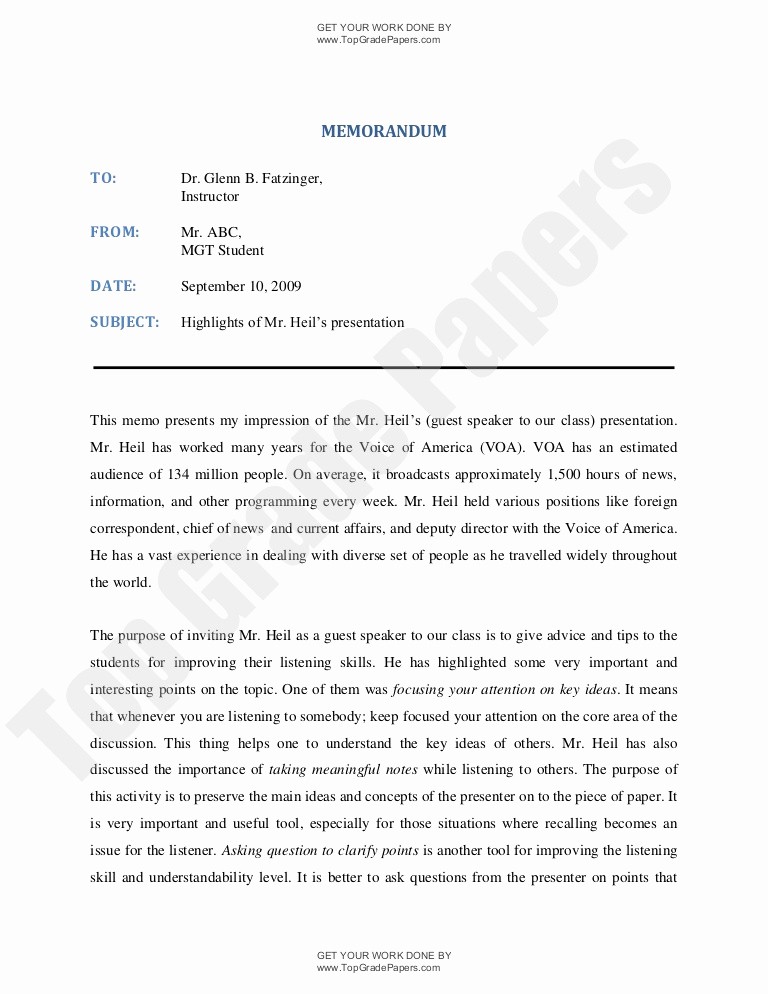

Then we have a set of criteria, these are the rules or requirements by which something is judged. Therefore, the word criterion means a single factor by which something is judged. The meaning of this word goes back to the word ‘critic’ in ancient Greek, which means ‘to judge something’. Pronounce this using the word ‘cry’ again, but this time joined with the word ‘seas’ (like the ocean) ➡ CRY-seas.Ĭommon mistake: crisises 4. Pronounce it using the word ‘cry’ joined with the first syllable of the word sister: ‘sis’. crisis vs crisesĪ crisis is a difficult period in your life where something shocking or unexpected happens.

Pronounce it like a tie you wear around your neck ➡ ‘KAK-tie‘.Ĭommon mistake: cactuses 3. These words are scientific terms for mushrooms.Ĭommon mistake: funguses 2. Therefore, both of the sentences below are correct: However, the meaning is often used in the singular, which is acceptable, because few people know or use the singular form ‘datum’. Note: The word ‘data’ is technically a plural noun.

Since Latin isn’t widely taught nowadays, words with Latin plurals are often used incorrectly in English. These academic and scientific words retain their original Latin singular and plural endings. Words with Latin plurals are the exception. Most English nouns take –s, –es or -ies for their plural form. ✔︎Įnglish Common Mistakes: Latin Plural Endings
Memoranda plural free#
If we decide that the possessive of “artist” is singular in the case of multiple proofs by a single engraver and plural in the case of multiple engravers, we are still left with the unclear case when the number of engravers is not specified, i.e., when just using the term “artist’s proofs.” An analogous situation might arise with a term like “baker’s dozen” but not with normal possessives like “manufacturers’ coupons.▶︎ Join my email newsletter (get a free lesson and be notified about special offers) I think we would also say “artist’s proofs by the two engravers Combet and Haley” (referring to several proofs by each engraver), because we are using the plural of the term of art or unit “artist’s proof,” which is shorthand for “a proof of an engraving by an artist.” Stated differently, adding an “s” to proofs is sufficient to make the term of art “artist’s proofs” plural, and we don’t need to use the plural of the first term as well when two different engravers are involved, since we are still just referring to multiple examples of the term of art “artist’s proof.” We should distinguish this case from the use of “artist” as a normal possessive and not as part of a term of art, in which case we would need to use the plural of the possessive (artists’) when referring to proofs by several artists, but I don’t think we would say “artists’ proofs by the two engravers Combet and Haley” when using “artist’s proofs” as a term of art. How would you handle the plural of a term of art like “artist’s proof,” which itself contains a possessive as the first word, when referring to proofs of multiple artists? It seems clear that we would say “artist’s proofs by the engraver Combet” to refer to several proofs by the single engraver Combet. Some styles allow it, so it’s a legitimate choice, but Chicago prefers the alternatives shown above (see also CMOS 7.13). Switching to regular text for the s is analogous to putting the “s” after a closing quotation mark-as in “yeah”s. But don’t put the s in italics (see CMOS 7.12)-and keep the apostrophe in we’s:Ī chorus of got its, yeahs, and way too enthusiastic woos followed. Another option would be to use italics instead of quotation marks. Though apostrophes normally signal possession or contraction, they’re also good at clarifying the occasional plural that might otherwise be hard to read (as with letters: e.g., two w’s).

“You’re using a whole lot of ‘we’s’ here.” For that plural, either rephrase or use an apostrophe (as you’ve done in your question): That would work for your last set of examples:Ī chorus of “got its,” “yeahs,” and way too enthusiastic “woos” followed.īut it works less well for “we” (mostly because “wes” looks too much like the name Wes). Often you can form the plural of a word used as a word simply by adding an s.


 0 kommentar(er)
0 kommentar(er)
